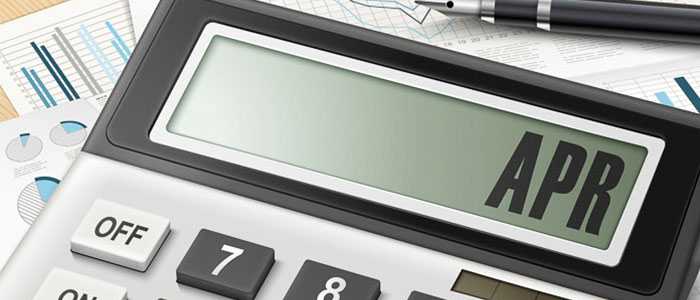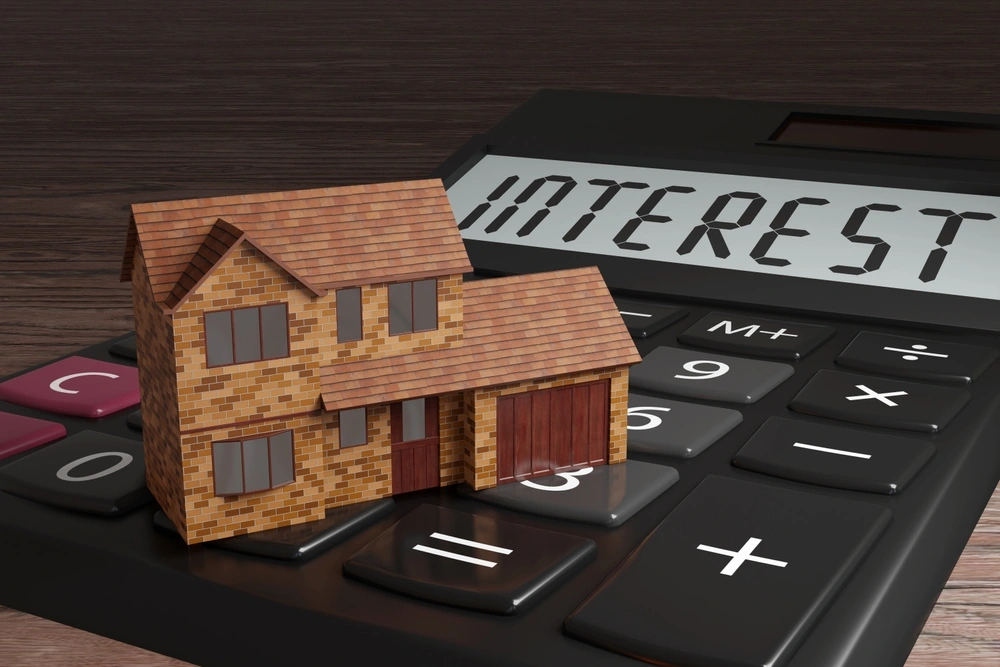No, you can’t set up a Direct Debit from a credit card. But don’t worry! You can use a continuous payment authority (CPA) to make regular payments from your credit card. Let's explore how you can manage your payments effectively.
Can you pay bills with a credit card?
Yes, you can pay some of your bills with a credit card, and it can be quite handy, but it's important to manage your payments wisely to avoid interest fees. Bills that you can typically pay with a credit card include:
- Council Tax
- Broadband
- Utilities, e.g., gas, water, electricity, etc.
Using your credit card to pay bills can be beneficial if you're collecting reward points or using a credit building card to improve your credit history. Just remember, to avoid interest charges and keep your credit score healthy, try to pay off your credit card balance in full each month. Also, keep an eye out for any fees that companies might charge for credit card payments.
What is a continuous payment authority (CPA)?
A Continuous Payment Authority (CPA) allows companies to take payments from your credit card regularly. If you’re asked for the long number across your credit or debit card (instead of your bank details), your payments will be set up as a CPA.
An example of a CPA would be when you sign up for a free 30-day trial and enter your credit card details. Unless you cancel it before the trial ends, your card will be regularly debited by the company, depending on the agreement. Amazon Prime is an example of a CPA.
Unlike Direct Debits, CPAs offer less control and protection. For example, companies can change the payment amount or date without your consent, and cancelling a CPA requires contacting the company directly. CPAs can also continue to charge an expired card, so always contact the company to cancel the agreement when you’re ready to.
What’s the difference between a Direct Debit and a CPA?
|
Feature
|
Direct Debit
|
Continuous payment authority (CPA)
|
|
What it is
|
Lets a company take payments from your bank account.
|
Lets a company take payments from your card.
|
|
How it's set up
|
You sign a form or agree online. It’s set up with your bank details.
|
You give your card details online or by phone.
|
|
Payment amounts
|
Can change, but the company has to let you know in writing beforehand.
|
Can change, and you might not get informed ahead of time.
|
|
Protection
|
Covered by the Direct Debit Guarantee for refunds if there's a mistake.
|
Less protection; not covered by the same guarantee. You have to get in touch with the company to arrange a refund.
|
Setting up Direct Debits
If you're unsure about managing your credit card payments, set up a Direct Debit from your bank account. This ensures you pay on time without building up interest, provided you have enough funds in your account on the payment date. You can set up Direct Debits to pay your bills or your credit card balance.
Other ways to make recurring payments
If you prefer not to use a CPA, make recurring payments manually. Set reminders on your phone or mark your calendar to make sure payments are on time.
Credit cards can be a valuable tool if used wisely. They help you save on interest for large purchases and build a good credit history. However, avoid using your credit card for impulse purchases or to delay payments, as this can lead to increased debt.
Fiona is a personal finance writer with over 7 years’ experience writing for a broad range of industries before joining Ocean in 2021. She uses her wealth of experience to turn the overwhelming aspects of finance into articles that are easy to understand.
![Email icon]()
Become a money maestro!
Sign up for tips on how to improve your credit score, offers and deals to help you save money, exclusive competitions and exciting products!
Find this useful? Share it with others!









